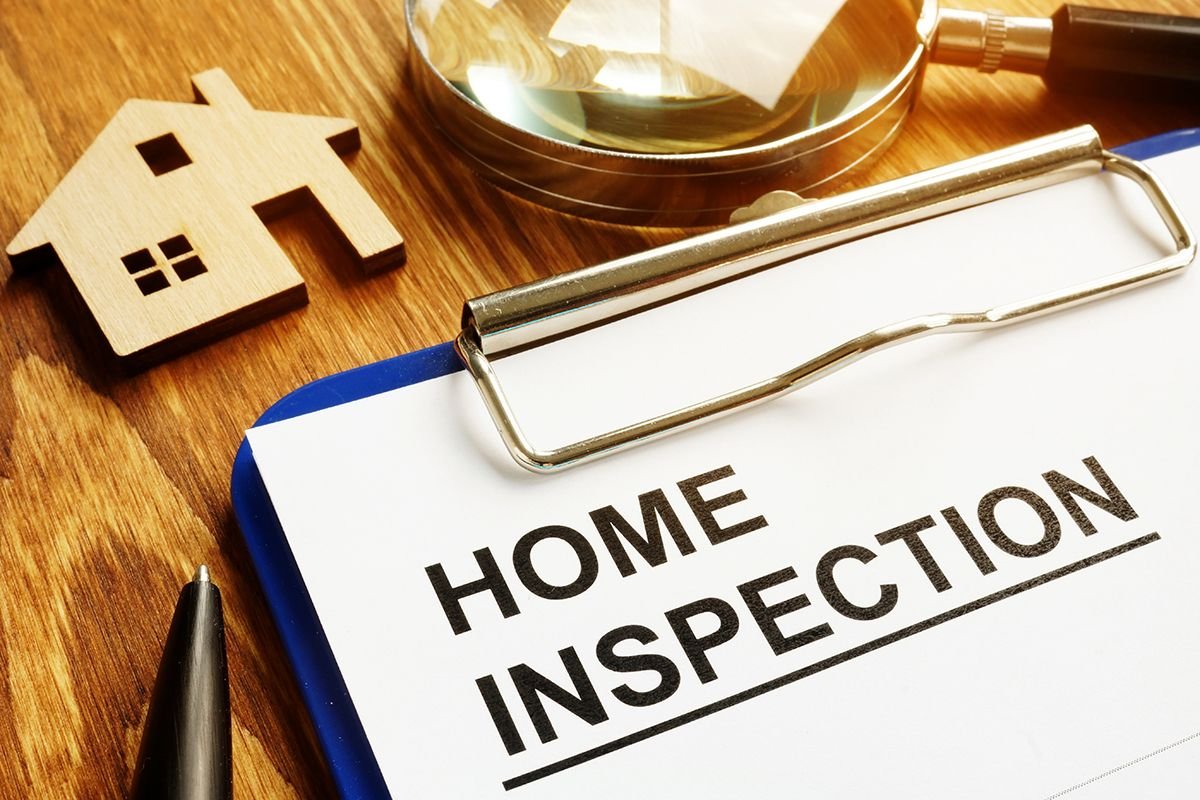Buying a home in a rural area can be a dream for many people, offering peace and space away from the hustle and bustle of city life. However, one of the most important steps in purchasing property in rural areas is understanding the importance of a home inspection in rural areas. Rural properties can have unique issues that are not always present in urban homes. A professional home inspection helps uncover hidden problems that could lead to costly repairs in the future. In this post, we’ll discuss why a home inspection is especially important in rural settings.
1. Uncovering Hidden Problems in Older Homes
One of the main reasons for the importance of a home inspection in rural areas is that many homes in rural locations are older. Older homes are more likely to have hidden problems such as outdated plumbing, electrical systems, or structural issues. A thorough inspection can identify these problems before you purchase the property. This can save you from expensive repairs down the road and help you make an informed decision.
Tip: Be prepared to make repairs in older homes, but an inspection can give you a better idea of what to expect.
2. Checking the Well and Septic System
In rural areas, many homes rely on private water wells and septic systems. These systems are not inspected by local government authorities, so it is essential to understand the importance of a home inspection in rural areas. A professional inspector will evaluate the well’s water quality and check the septic system’s condition. Problems with either system can lead to serious health risks and costly repairs if not properly maintained.
Tip: If the well or septic system fails, you could be faced with hefty repair bills. Ensure the inspector evaluates both systems carefully.

3. Identifying Potential Pests and Wildlife Issues
Rural homes are often surrounded by land, which can attract pests and wildlife. The importance of a home inspection in rural areas includes checking for signs of pest infestations, such as termites, rodents, or other animals that can damage the property. An inspector will look for any damage caused by these pests, including holes in walls, chewed wiring, or structural damage. Catching these issues early can prevent significant damage later on.
Tip: Pests like termites can cause long-term damage, so it’s essential to address them as soon as they’re detected.
4. Evaluating the Property’s Drainage System
Rural homes often have larger yards, and proper drainage is crucial to prevent flooding or erosion. The importance of a home inspection in rural areas also includes checking the property’s drainage system. Inspectors will look for any signs of water pooling around the foundation, which could lead to flooding or damage to the home’s structure. Ensuring that the land is properly graded and the drainage systems are functional will help protect your investment.
Tip: Proper drainage systems can prevent costly foundation repairs and ensure your home stays dry during heavy rains.
5. Assessing the Condition of Outbuildings
Many rural properties come with additional outbuildings, such as barns, sheds, or garages. These structures are often not as well-maintained as the main home, and their condition is another reason why the importance of a home inspection in rural areas cannot be overstated. A professional inspector will assess the condition of these outbuildings to make sure they are safe and in good condition. Any issues found can be repaired before they worsen, saving you money and hassle.
Tip: Even if you don’t plan to use the outbuildings right away, it’s good to know if they require repairs.
6. Checking for Environmental Risks
Rural areas can sometimes have environmental risks that may not be present in urban locations. These can include things like flooding, land instability, or the presence of harmful chemicals in the soil or water. The importance of a home inspection in rural areas extends to checking for these potential environmental hazards. An inspector will look for any signs of land movement or pollution that could affect the safety and livability of your property.
Tip: Environmental concerns can have long-lasting effects on your property’s value, so it’s essential to address them early.
7. Providing Peace of Mind
Lastly, one of the most significant reasons for the importance of a home inspection in rural areas is the peace of mind it offers. Buying a home is a big financial decision, and you want to make sure that there are no hidden surprises. A detailed inspection will provide you with a clear understanding of the property’s condition, allowing you to make an informed choice about whether to move forward with the purchase. If issues are found, you can negotiate with the seller or even walk away from the deal.
Tip: Knowing the full condition of the property will help you avoid unexpected surprises after the sale.
Final Thoughts on the Importance of a Home Inspection in Rural Areas
In conclusion, the importance of a home inspection in rural areas cannot be emphasized enough. Rural properties come with their own set of challenges, from aging infrastructure to environmental risks and well systems. A professional home inspection will help uncover potential problems that may not be visible to the untrained eye. By investing in a home inspection, you can ensure that you are making a smart, informed decision and protect yourself from future expenses. Whether you’re buying a country home for the first time or moving to a rural area, a thorough inspection is a crucial step in the process.




